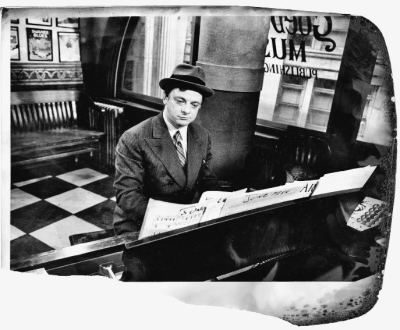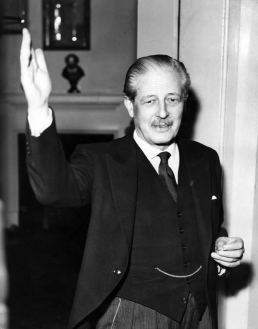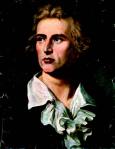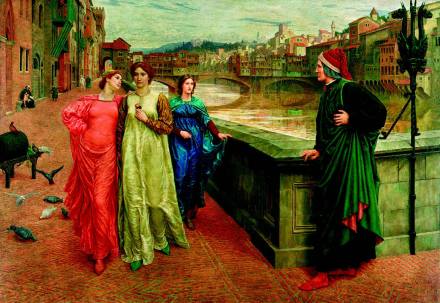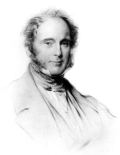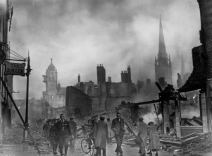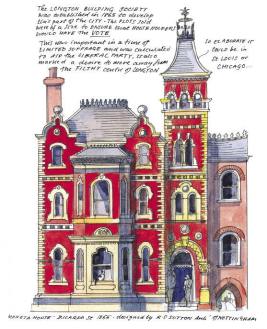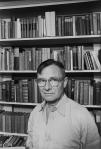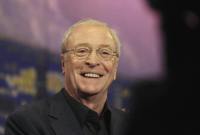Almost everything came up roses
There’s a number in Merrily We Roll Along called ‘Opening Doors’, in which two young songwriters audition for a producer who interrupts: ‘That’s great! That’s swell!/ The other stuff as well!/ It isn’t every day I hear a score this strong,/ But fellas, if I may,/ There’s only one thing wrong:/ There’s not a tune you can hum.’ Urging them to be ‘less avant-garde’, he exits, asking for a ‘plain old melodee-dee-dee-dee-dee-dee-dee’ — sung (inaccurately) to the tune of ‘Some Enchanted Evening’. There’s a number in Merrily We Roll Along called ‘Opening Doors’, in which two young songwriters audition for a producer who interrupts: ‘That’s great! That’s swell!/ The other
